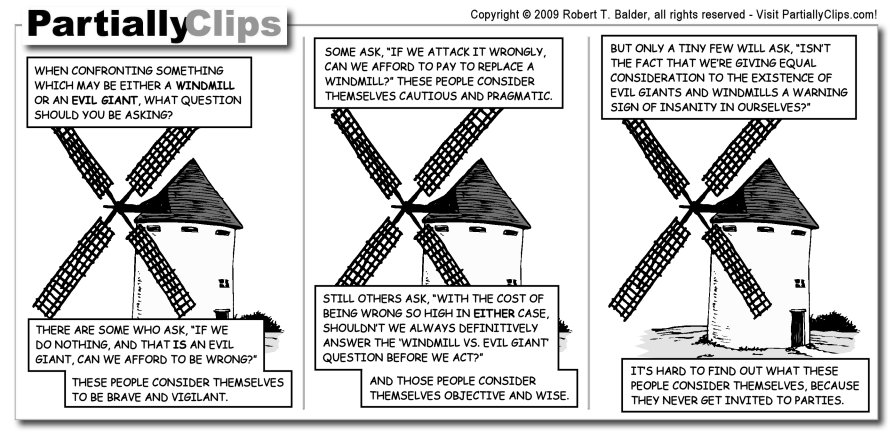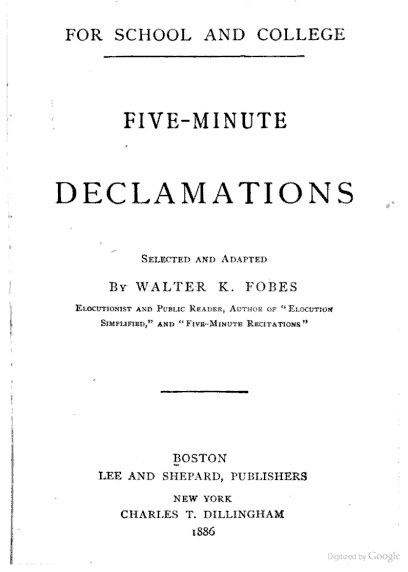Unexpectedly, Stanley Fish's most recent NYT essay praises word-counting as a technique of rhetorical analysis ("Barack Obama's Prose Style"):
One day after the occasion, USA Today offered as an analysis of [Obama's inaugural address] a list of the words most frequently used, words like America, common, generation, nation, people, today, world. This is exactly the right kind of analysis to perform, for it identifies the location of the speech’s energy in the repetition of key words and the associations forged among them by virtue of that repetition.
This is odd, since Prof. Fish is known for attacking attempts to base literary analysis on counting things in texts (e.g. "What is stylistics and why are they saying such terrible things about it?", in Essays in Modern Stylistics, 1981). But he returns to type in his own analysis of the inaugural address, which relies on quantitatively unsupported assertions:
There are few transitions and those there are – “for,” “nor,” “as for,” “so,” “and so” – seem just stuck in, providing a pause, not a marker of logical progression. Obama doesn’t deposit us at a location he has in mind from the beginning; he carries us from meditative bead to meditative bead, and invites us to contemplate. […]
There is a technical term for this kind of writing – parataxis, defined by the Oxford English Dictionary as “the placing of propositions or clauses one after the other without indicating . . . the relation of co-ordination or subordination between them.”
The opposite of parataxis is hypotaxis, the marking of relations between propositions and clauses by connectives that point backward or forward.
Ironically, this analysis is quantitatively doubtful, as we'll see below: Obama's speech actually uses the relevant sort of connectives at a higher rate than George W. Bush's 2005 inaugural address did.
Read the rest of this entry »

